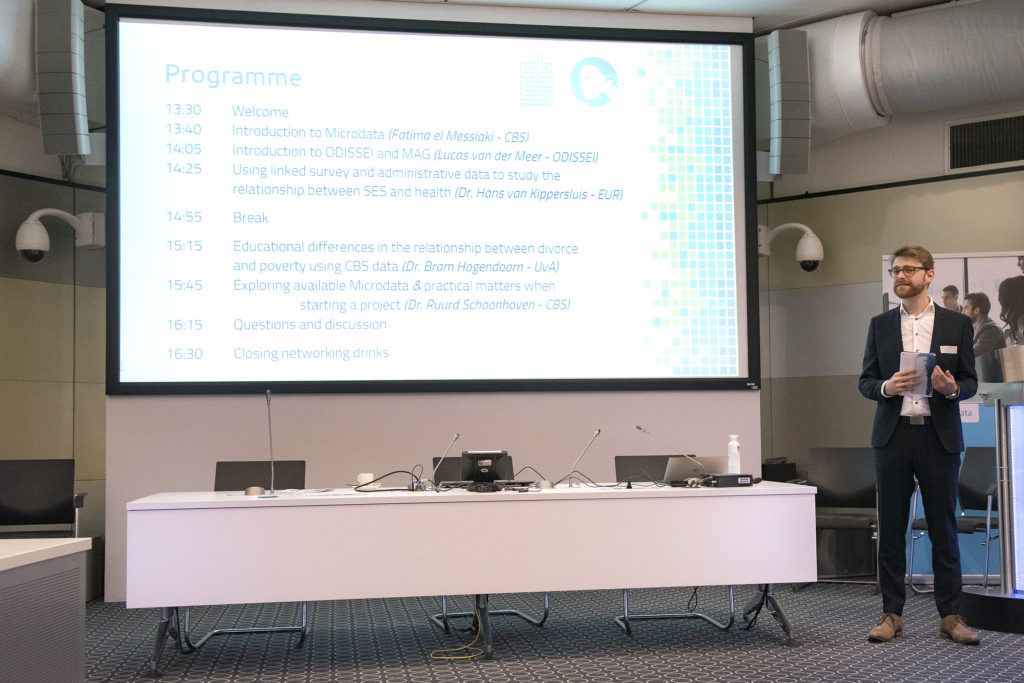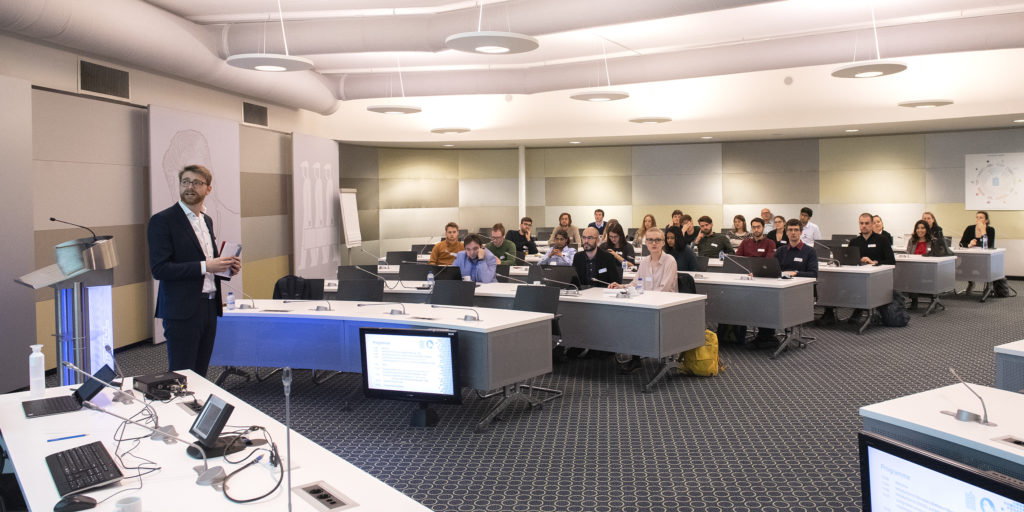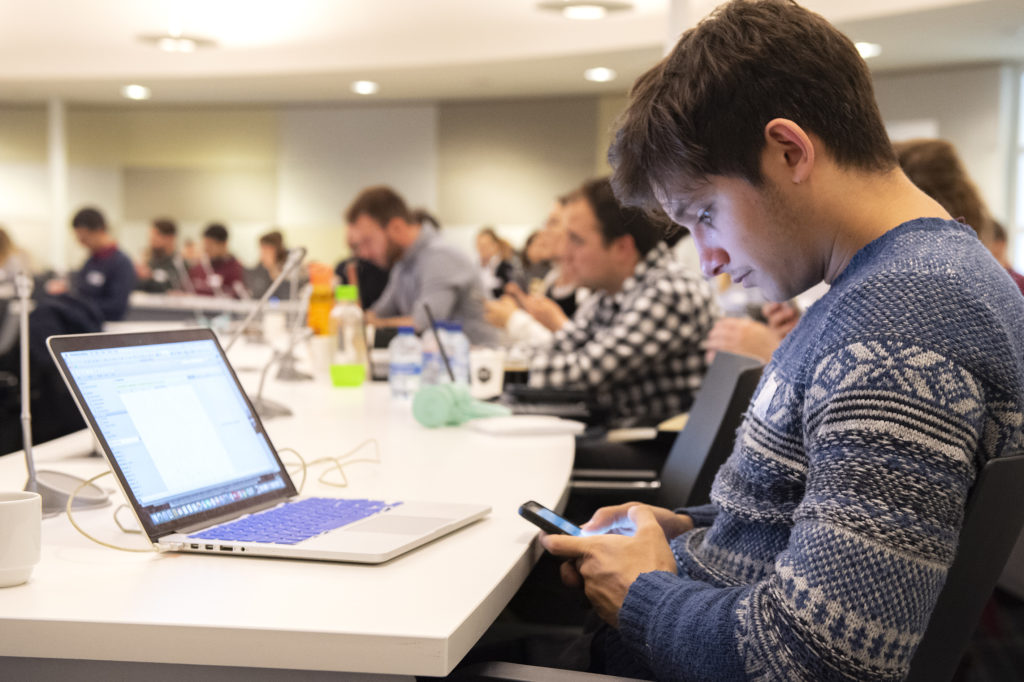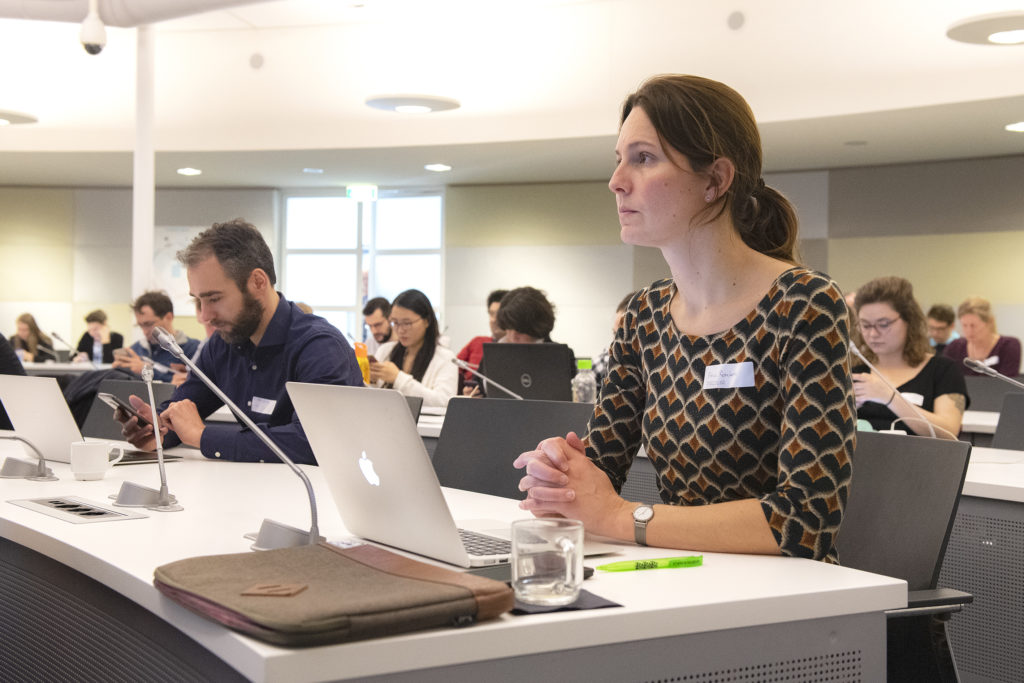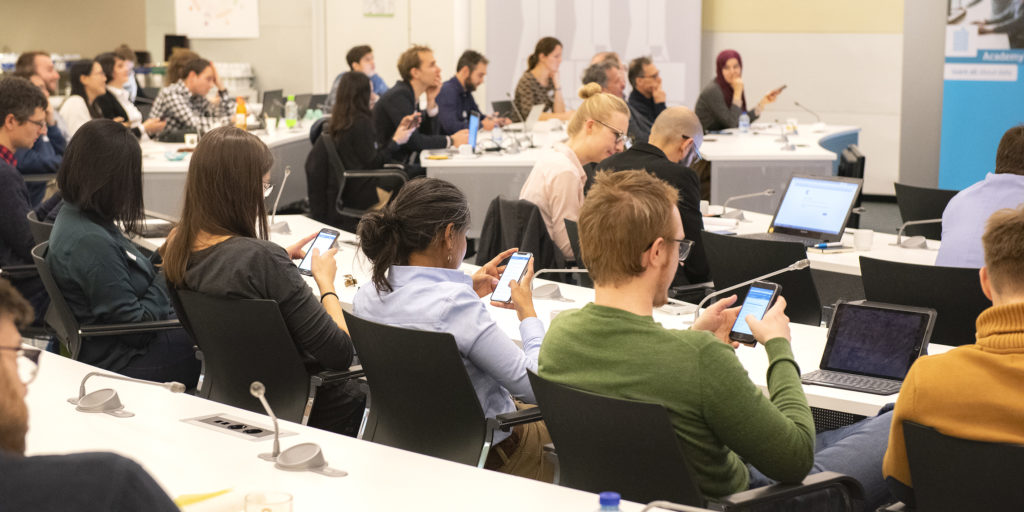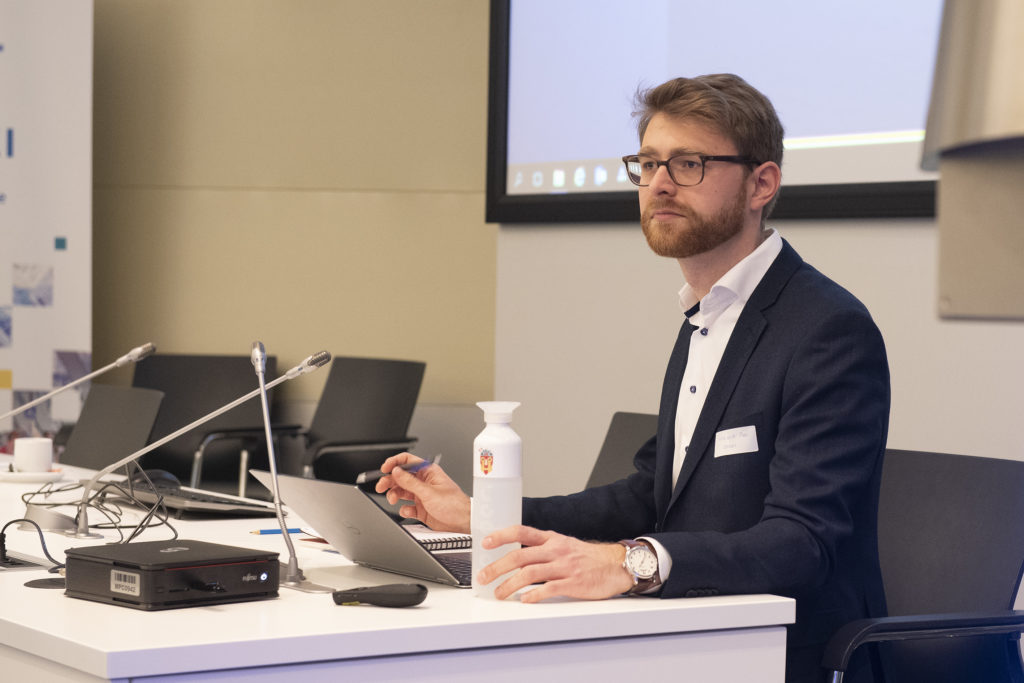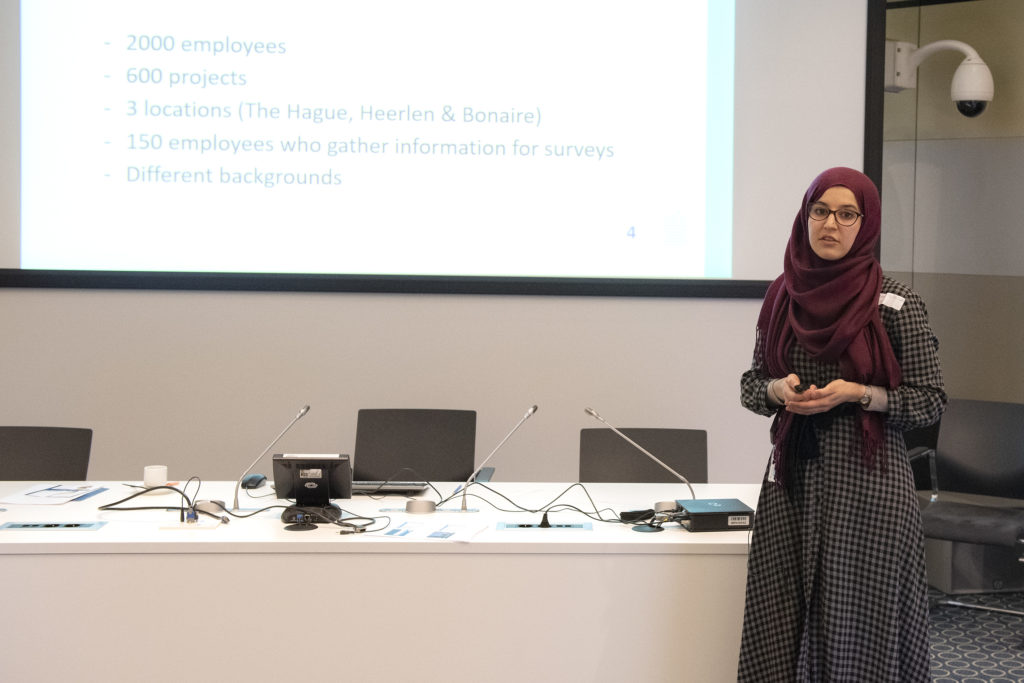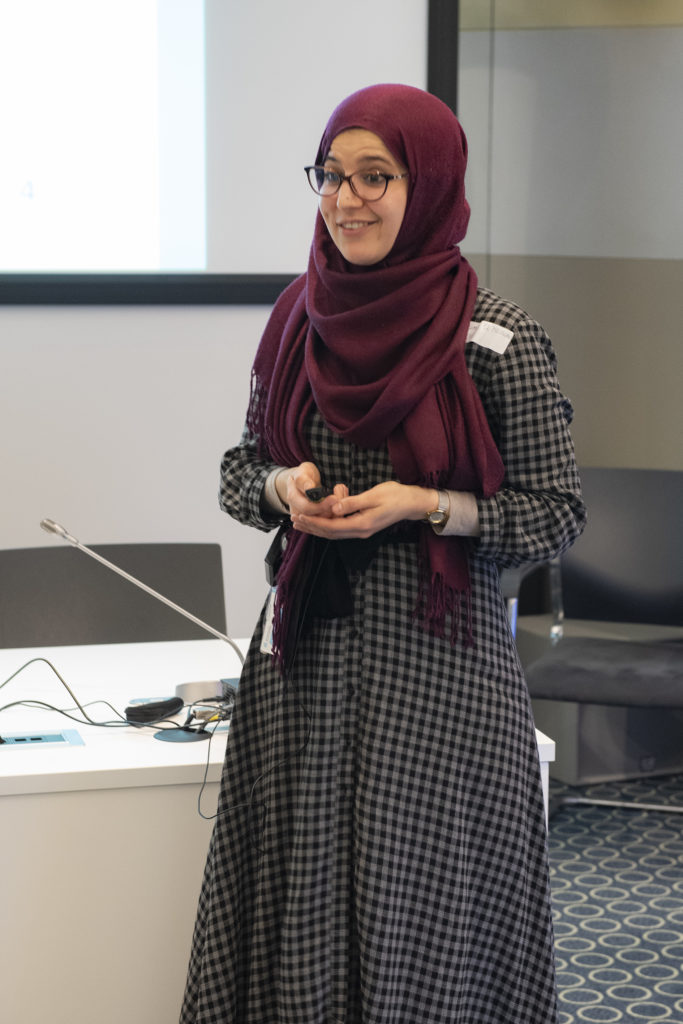MAG call launched
On Tuesday 19 February, an introductory meeting on the use of CBS Microdata was held at Statistics Netherlands (CBS) in The Hague. At the same meeting, the MAG call was launched to allow researchers free access to the CBS Microdata.
The afternoon was kicked off by ODISSEI project manager Lucas van der Meer. He started by conducting a small survey among those present. About half of them turned out to be PhD students from a wide range of research institutions. Most of the participants (42%) were active in the social sciences. The audience was not or hardly familiar with either CBS Microdata or ODISSEI. This means there is work to be done!
Fatima El Masslaki, one of the account managers for CBS Microdata Services, explained what her organisation does: provide researchers and authorised institutions with access to microdata. The data may only be used for statistical research, where confidentiality is key. Under certain conditions, researchers can also upload their own data and link them to the microdata. CBS checks the results for any personal information, after which they can be published (this is required). The 4,150 microdata sets, covering some 300 subjects, have been increasingly used in recent years.
Lucas van der Meer then introduced ODISSEI and the ODISSEI Data Facility (ODF). Researchers working at one of the ODISSEI participants receive a 50% discount on the use of CBS Microdata through the Microdata Access Discount (MAD) facility. Van der Meer went on to launch the Microdata Access Grant (MAG), a funding instrument that enables researchers to gain free access to CBS Microdata. The deadline for submitting MAG proposals is 30 April 2019. The proposals will be decided on in the summer of 2019, allowing projects to start this autumn. The MAG is a pilot. If it proves successful, it will be available again next year.
Hans van Kippersluis (Erasmus School of Economics) subsequently gave a presentation on his experiences as a CBS Microdata user. Since 2007, he has used the remote access facility to retrieve data for his research into the relationship between (healthy) life expectancy and income level. He uses datasets on training, mortality, intelligence, hospital admissions and tax returns. Van Kippersluis told his audience that he had had lots of expert support from CBS Microdata Services and that the user-friendliness of the service had increased tremendously over the years. In his view, many more researchers could benefit greatly from this service.
After the break, Bram Hoogendoorn, PhD student at the University of Amsterdam, shared his experiences with CBS Microdata. His PhD research is about educational differences in relation to divorce and poverty. He showed the audience which datasets he used and how he had linked and analysed them. He mentioned the enormous statistical power as one of the key advantages of using CBS Microdata.
Then it was up to Ruurd Schoonhoven (CBS) to show the participants how they can browse the datasets at www.cbs.nl/microdata. Using the catalogue, you can search by theme, after which you get access to the metadata per dataset. The audience found it very interesting and inquired about the presence of various types of data. In most cases, Schoonhoven was able to point them to the required dataset. He further explained how you, as a researcher, can start a project yourself. He detailed the entire process, from submitting an application and making preparations, right up to publication.
After Lucas van der Meer had closed the meeting, it was time for drinks. Those present found the introductory meeting very useful for researchers who are new to Microdata. ODISSEI and CBS therefore intend to organise meetings of this kind more often.
Photos by Michel Groen Fotografie


